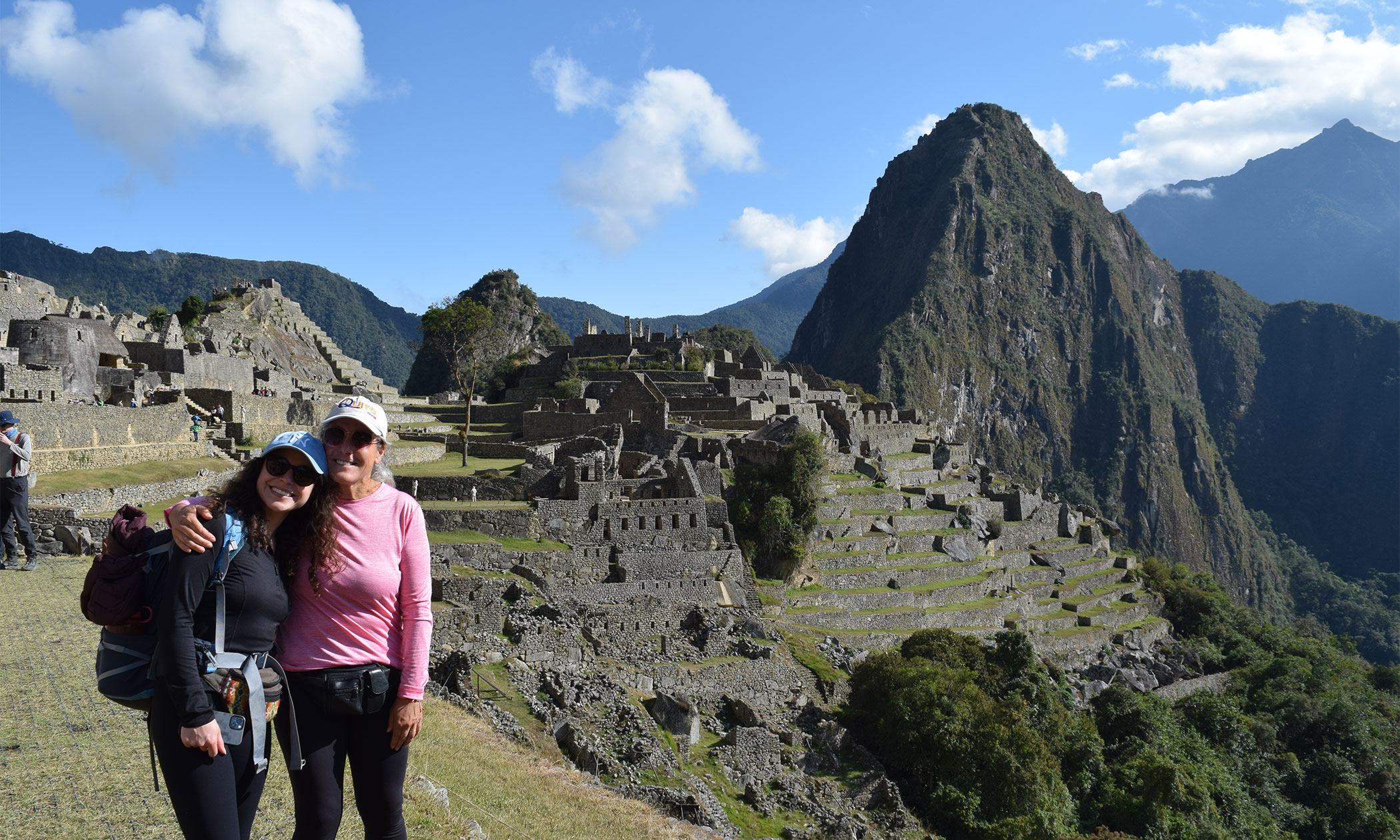Micaela Vivero, professor and chair of Denison’s visual arts department, is headed to Spain for the 2024-2025 academic year as a U.S. Fulbright Scholar, a prestigious award that caps years of preparation and dovetails with her artistic interest in the complex history of Spanish colonization of Latin America.
Vivero will be teaching at Universidad de Murcia, in a city of 460,000 people in southeastern Spain and a region known as “Europe’s orchard” for its long agricultural history.
“I will be making art and talking to students about colonization and ways to decolonize,” Vivero says.
Recipients of the Fulbright awards — Vivero is one of 327 nationwide this round — are chosen based on their academic and professional achievements, as well as their record of service and demonstrated leadership in their fields.
Vivero came to Denison in 2004 after receiving her master’s in fine arts degree in sculpture from Alfred University in Alfred, New York. She received her bachelor’s in fine arts degree from the Universidad San Francisco de Quito in Ecuador.
“The Fulbright Scholar Award is a highly competitive and prestigious honor, and this recognition speaks to the high caliber of Denison’s faculty in the arts,” says Margot Singer, a professor of English and director of creative writing and strategy for the arts at Denison. “Even as she is teaching and mentoring her students and contributing to the college in all kinds of significant ways, Micaela is also constantly working and developing her artistic practice.
“Micaela has done many artist residencies around the world and had success with many installations over the past 20 years,” Singer says. “So it is really gratifying to see her get this kind of major international recognition now.”
Vivero is the third Denison professor to win a Fulbright Scholar Award in the past seven years. Mathematics professor Sarah Wolff spent the 2022-2023 school year in South Africa, and emerita dance professor Sandra Mathern-Smith taught contemporary dance in Sri Lanka during the 2017-2018 academic year.
Vivero had been planning to apply for a Fulbright for years.
“Having grown up in Quito, Ecuador, which was colonized mainly by Spain, I put together a proposal to go to Spain and look at colonization with a critical perspective,” she says. “I spent the summer of 2023 traveling to Ecuador and Peru and learning about the Inka Empire and colonization.”
The trip helped to inspire the works in her 2024 Denison Museum exhibition, Mining the Qhapaq Ñan. The exhibition, which concluded in April, was a commentary on the complex history and continued impact of colonization and mining.
During that trip, Vivero and her daughter, Eva Vivero ’19, spent four days hiking the Qhapaq Ñan, a road system stretching in all directions from the Inka capital city of Cusco. Central to trade and communication for the Inka, the road was later used by the Europeans to transport the gold and silver they took during their conquest.
The experience deeply informed Vivero’s Fulbright proposal.
“I poured my heart and soul into this project,” she says.
During her Peru trip, Vivero learned about an ancient yarn-based communication system known as khipus.
“Khipus were the record-keeping devices of the Inkas, but they were banned during and after colonization,” she says. “They were seen as disruptive and even subversive.”
Much of the meaning behind khipus unfortunately has been lost, she says, and only recently has their historical importance become evident.
“I will be making art inspired by khipus and teaching students in Spain how to make khipus, among other things,” she says. “I also plan to visit archives specific to colonial times.”
She hopes to return to Denison with a greater understanding of European colonization of the Americas and current decolonial movements and practices.
“I’m excited to share this with young artists, looking into the past to make sense of the present,” she says.
Though Vivero didn’t fully realize it at the time, her undergraduate experience at Ecuador’s first liberal arts college laid the foundation for her appreciation of a liberal arts approach to education that students receive at Denison.
“Now, I don’t see an art education outside the context of the liberal arts,” she says. “Students learn the skills, they learn to make things, yes, but they also learn what they are going to say with that language they are learning. They learn how to create a body of knowledge or a message that they want to pass on with their artistic work. Those other liberal arts subjects will bring substance to the work they do as artists, and much deeper meanings.”
Fulbright is an international educational exchange program sponsored by the U.S. government designed to build mutual understanding between nations, advance knowledge across communities, and improve lives around the world. The Fulbright U.S. Scholar Program offers opportunities for U.S. faculty to teach courses, conduct research, and complete special projects in more than 135 countries worldwide.





